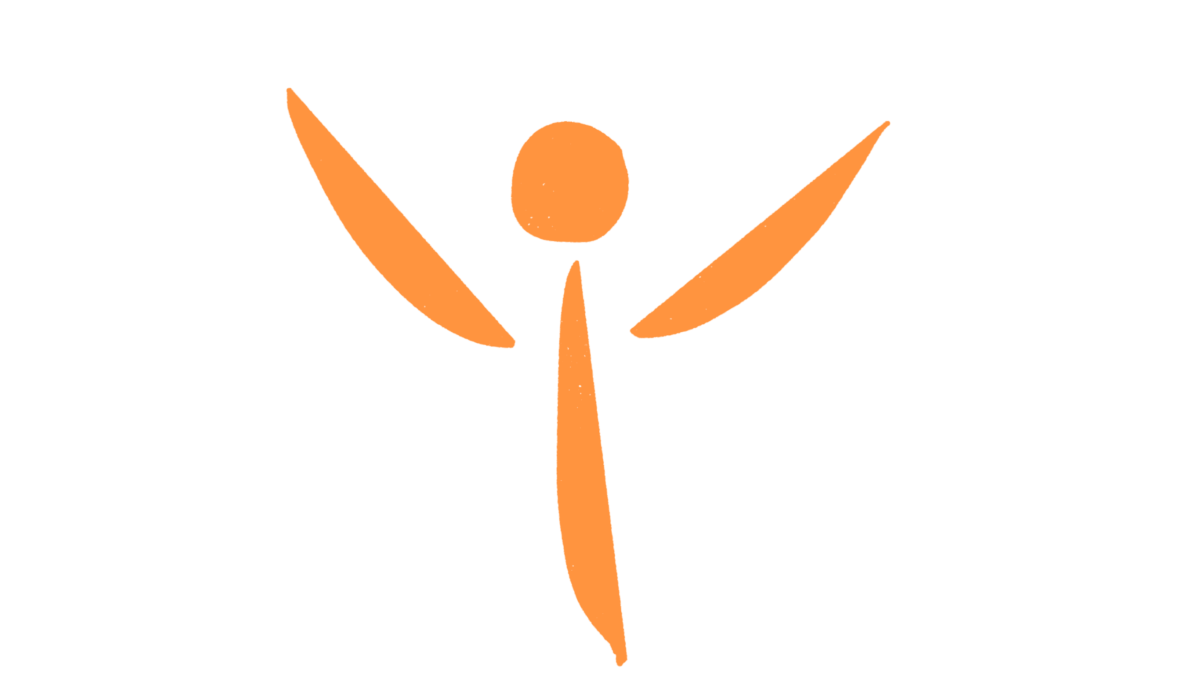
Reframing:- I believe this is one of the most powerful ‘tools’ I have learned on my path.🦉
A very old Chinese Taoist story describes a farmer in a poor country village. He was considered very well to do, because he owned a horse that he used for ploughing and transportation. One day his horse ran away. All his neighbours exclaimed how terrible this was , but the farmer just said “maybe.”
A few days later the horse returned and brought two wild horses with it. The neighbours all rejoiced at his good fortune, but the farmer just said “maybe.”
The next day the farmer’s son tried to ride one of the wild horses; the horse threw him and he broke his leg. The neighbours all offered their sympathy for his misfortune, but the farmer again, just said “maybe.”
The next week conscription officers came to the village to take young men to the army, they rejected the farmer’s son because of his broken leg. When the neighbours told him how lucky he was, the farmer replied “maybe.”
The meaning that any event has depends upon the ‘frame’ in which we perceive it. When we change the frame, we change the meaning. Having two wild horses is a good thing until it is seen in the context of the son’s broken leg. The broken leg seems to be bad in the context of peaceful village life; but in the context of conscription and war, it suddenly becomes good.
This is called reframing; changing the frame in which a person perceives events in order to change the meaning. When the meaning changes, the person’s responses and behaviours also change. (Grinder, 1982) There are many NLP books that will take you into reframing and how to do it in many contexts, too numerous to mention here
The reasons you’d want to know about this are:-
• Another frame will generate other ways of thinking about an issue
• Even thinking about reframing an issue or problem will help in generating a solution
What is this about?
It is a useful strategy in generating flexibility of thinking, in order to resolve issues and problems, both within yourself and with others.
How can we use this insight?
Calling someone too ‘unfocused’ for example. A reframe to enable you to work with the person in a better way, is to maybe think of them, being useful as a ‘wide angle’ lens, bringing more into the ‘picture’, broadening and deepening understanding of the whole context, through doing that perhaps.
Or let’s say you perceive someone in your team as obstructive, then a possible reframe may be, actually when you need a dam to stop a flood happening , obstructive is good. Or if you need a ‘solid wall to push against, then obstructive is good. Or more literally you can use them with permission, as a solid sounding board for new ideas.
This insight really can help you change your beliefs 😀
- What / who is ‘bothering’ you at the moment?
- How might you reframe that?
